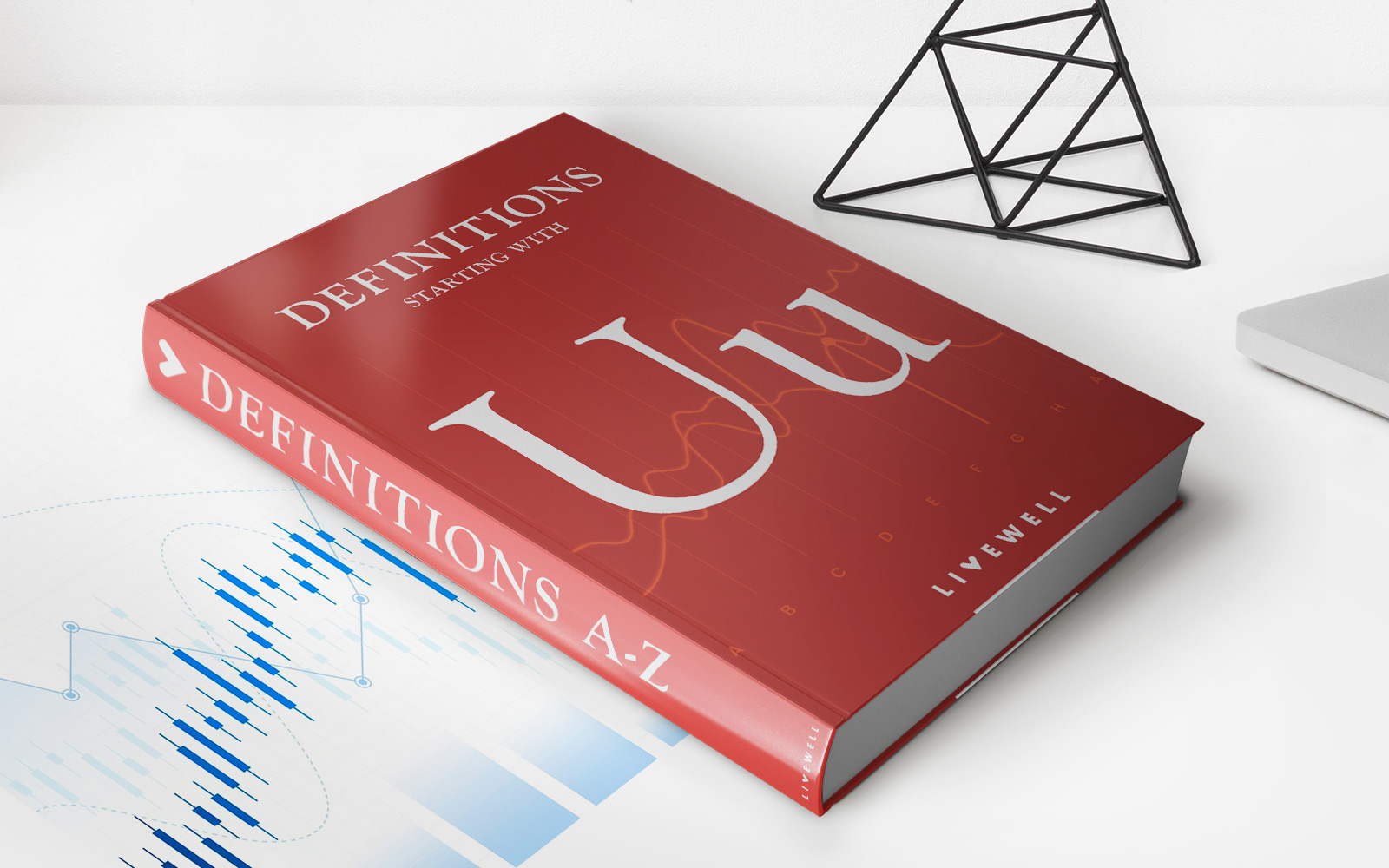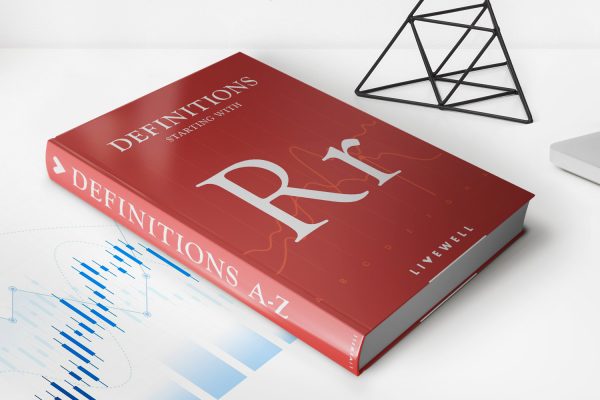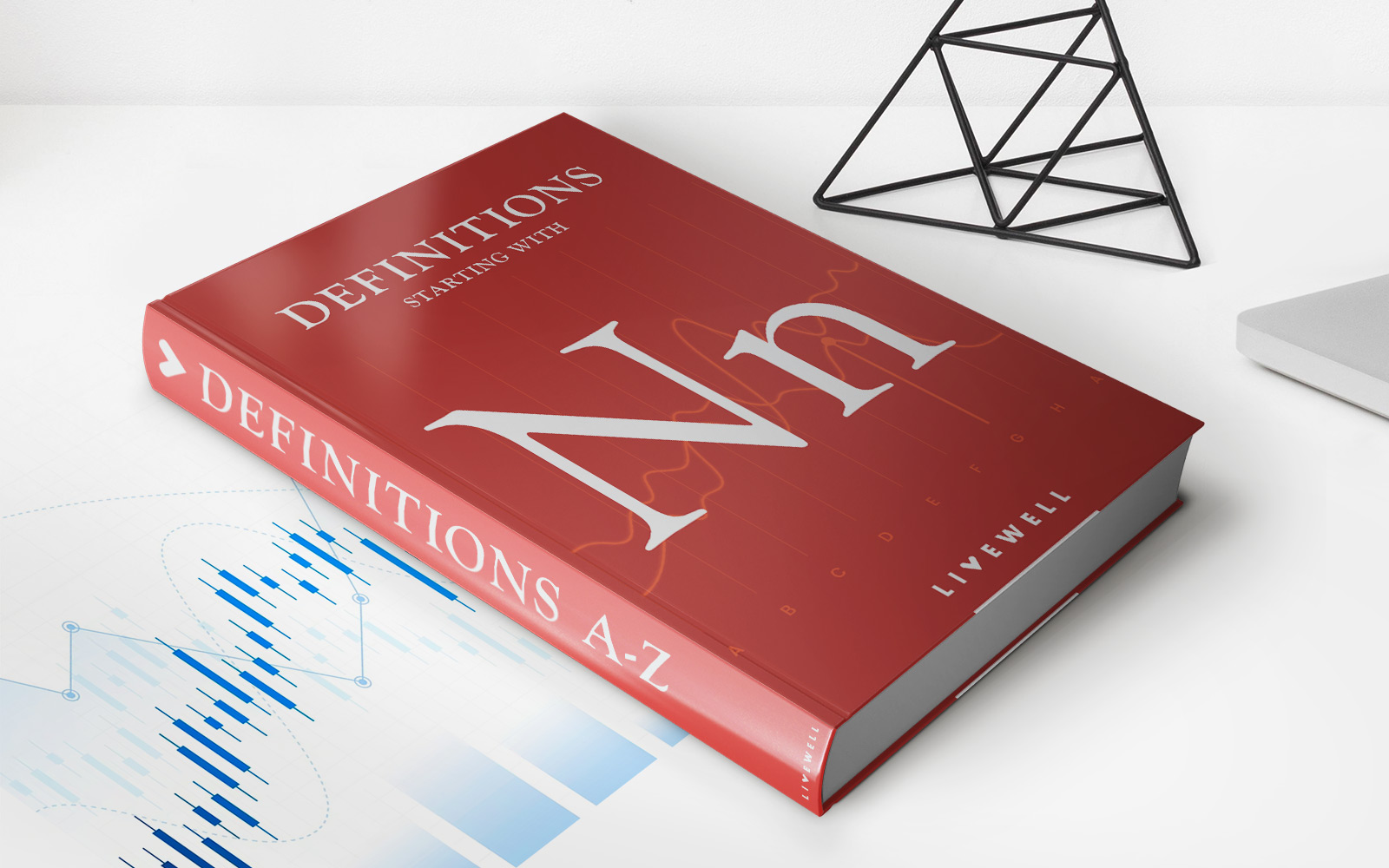

Finance
Beneficiary Clause Definition
Published: October 15, 2023
Discover the meaning and significance of a beneficiary clause in finance, and how it can impact your financial plans. Gain insight into this crucial aspect of financial management.
(Many of the links in this article redirect to a specific reviewed product. Your purchase of these products through affiliate links helps to generate commission for LiveWell, at no extra cost. Learn more)
The Beneficiary Clause: Ensuring Financial Security for Your Loved Ones
When it comes to financial planning, one of the most important aspects to consider is protecting and providing for your loved ones in the event of your passing. This is where the beneficiary clause comes into play. In this blog post, we will explore the definition of a beneficiary clause, its significance in financial planning, and why you should pay attention to this crucial aspect of your finances.
Key Takeaways:
- A beneficiary clause is a provision in a financial contract or insurance policy that identifies who will receive the benefits or proceeds in the event of the policyholder’s death.
- Understanding and properly designating beneficiaries can ensure that your assets are distributed according to your wishes, provide financial stability for your loved ones, and avoid potential legal complications.
So, what exactly is a beneficiary clause? Simply put, it is a provision in a financial contract or insurance policy that identifies who will receive the benefits or proceeds in the event of the policyholder’s death. This clause allows you to name the individuals or organizations you want to receive the financial assets you have accumulated.
Now, let’s delve into the significance of the beneficiary clause in financial planning:
1. Providing Financial Security:
By designating beneficiaries, you ensure that your loved ones will be financially secure even after your passing. Whether it’s the proceeds from a life insurance policy, retirement savings, or investment accounts, the beneficiary clause allows you to specify how these funds will be distributed, providing a safety net for those who matter most.
2. Avoiding Legal Complications:
Without a clear beneficiary designation, your assets may be subject to probate, a legal process that can be costly, time-consuming, and may not align with your wishes. By clearly specifying your beneficiaries in the beneficiary clause, you can bypass probate and streamline the distribution of assets, ensuring that your loved ones receive their rightful inheritance without unnecessary delays or complications.
Here are a few additional key considerations when it comes to the beneficiary clause:
- Review and update your beneficiary designations regularly: Life circumstances change, and it’s important to review and update your beneficiary designations whenever necessary. Births, deaths, marriages, and divorces can all impact your desired distribution of assets.
- Be specific and avoid ambiguity: When naming beneficiaries, it’s crucial to be specific and provide their full legal names and contact information. Vague or outdated information can result in confusion or delays in distributing assets.
- Consider contingent beneficiaries: In addition to naming primary beneficiaries, consider designating contingent beneficiaries who would receive the assets if the primary beneficiaries are not available or predecease you.
- Seek professional guidance: If you have complex financial situations or multiple beneficiaries, consulting with a financial advisor or estate planning attorney can help ensure that your beneficiary designations align with your overall financial goals and estate plan.
In conclusion, the beneficiary clause is a crucial component of financial planning that allows you to provide for your loved ones and minimize potential complications. By understanding its significance and taking the time to review and update your beneficiary designations when necessary, you can ensure the financial security of your loved ones and have peace of mind knowing that your assets will be distributed according to your wishes.














